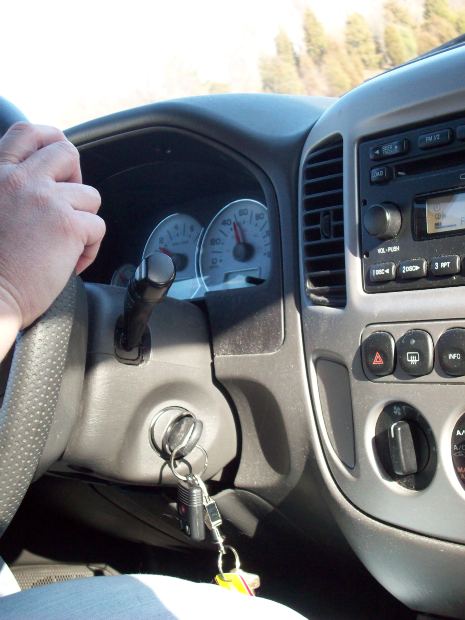- Free Initial Consultation: (954) 761-3641 Tap Here To Call Us
Uber Lawsuit Filed As Miami Considers Driver Screenings

It was just a few short months ago that Uber was granted permission to operate once again in Broward County, after commissioners caved and eased regulations for this and similar ride-sharing services. The public fought hard to bring the service back, flooding local leaders with email, snail mail and voice mail messages. Mayor Tim Ryan called the issue, “The millstone around our collective necks.”
Meanwhile, Palm Beach County leaders put the brakes on any decision until this spring, and Miami-Dade is weighing regulatory proposals now. But there is another side to this coin: Lack of driver and vehicle regulation could put the public at higher risk for injury.
This is what is being alleged in a wrongful death lawsuit against Uber following a December 27th fiery crash in Miami. According to The Miami Herald, 20-year-old Pablo Sanchez Jr., a pharmacy student, had contacted an Uber ride using the app on his cell phone. He was looking for a ride for himself and five friends from downtown Miami to his parents’ home 30 miles away in Country Walk. A driver picked them up and they were almost there when the driver allegedly turned left into oncoming traffic. The Uber driver’s sport utility vehicle burst into flames. The driver got out, as did all of Sanchez’s friends. However, he was trapped and died inside.
The young man’s friends told investigators the driver was “looking down” seconds before impact. Authorities are looking into whether the driver may have either been distracted or fell asleep.
As Sanchez’s parents point out in their lawsuit, many ride-sharing service drivers make their own hours and use the service to supplement their income. That means many of them are already working other jobs – sometimes two or three other jobs – and there is no legal limit on how many hours these drivers can work.
A lawyer for the family has been quoted as saying the company should have safeguards to ensure they aren’t allowing drivers who are sleep-deprived behind the wheel.
The lawsuit, which names Uber as well as the two drivers who were involved in the collision, was filed just before Miami-Dade commissioners were slated to discuss whether to legalize the service. Technically, it’s operating illegally in the county because it doesn’t follow the strict car-for-hire rules that taxi drivers are required to abide.
There are some who argue Uber and other ride-share services actually promote public safety and reduce drunk driving accidents because the public has a cheaper, readily-accessible mode of transportation. But there are valid questions about how safe that option really is if drivers aren’t properly vetted and monitored.
Those in the taxi industry are vocal opponents of allowing these services to to operate without the same restrictions they follow. Broward’s solution was to ease restrictions for all of them.
Originally, leaders wanted drivers fingerprinted, passing FBI background checks, taking geography tests and making sure drivers hadn’t been released from prison in the last seven years. All that was scrapped. The companies will have to self-regulate background checks and make sure the vehicles are safe. The ride share services were even allowed to operate with insurance that commissioners don’t believe meets state requirements, though they are waiting back for an official opinion from the state on that issue.
Call Fort Lauderdale Injury Attorney Richard Ansara at (954) 761-4011. Serving Broward, Miami-Dade and Palm Beach counties.
Additional Resources:
Uber suit in Miami-Dade comes as debate looms on driver screenings, Jan. 12, 2016, by Douglas Hanks, Miami Herald
More Blog Entries:
Wrong-Way Accidents in Broward, Miami-Dade Target for Safety Advocates, Jan. 25, 2016, Fort Lauderdale Car Accident Lawyer Blog













